Top 5 Red Light Panels With FDA-Approved Benefits (2025 Guide)
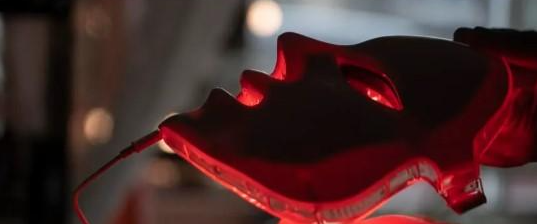
Red light panels offer many health benefits. They are noninvasive wellness tools designed for simplicity and wellness.
The best red light therapy panels are essential to have better results. (Of course, with FDA approval)
They do wonders for wound healing and skin rejuvenation with minimal fuss.
Understanding Red Light Therapy
What is Red Light Therapy?
Red Light Therapy is a non-invasive treatment that utilizes 600-800 nm wavelengths of light to boost healing.
- They penetrate the skin and stimulate the mitochondria in the cell. This stimulation boosts ATP production, in turn enhancing the healing process. [Source: NCBI | Mechanisms and applications of the anti-inflammatory effects of photobiomodulation]
RLT uses different ranges of light for different purposes.
The lower end of the spectrum is for skin care, and the higher range is for medical purposes.
4 Major Benefits of Red Light Therapy According to PubMed
- Skin Rejuvenation: Reduces wrinkles, fine lines, and acne scars. [Source: PubMed]
- Muscle healing: This works great for post-workout recovery. [Source: Frontiers in Physiology]
- Reducing inflammation: Helps with Arthritis and joint pain. [Source: PubMed]
- Weight Loss: Helps alongside a healthy lifestyle by enhancing the metabolism rate. [Source: PubMed]
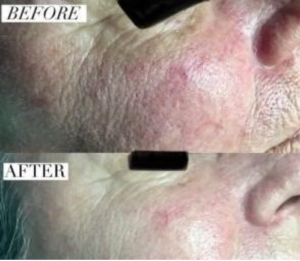
According to Research from PubMed
Key Factors to Consider When Choosing a Red Light Panel
Irradiance and Power Output
Irradiance determines how much energy reaches your cells, impacting the therapy’s effectiveness.
- Look for panels with higher irradiance levels (100 mW/cm²) for maximum benefits.
Wavelength Specifications
Wavelengths may vary depending on the purpose of the RLT. The visible end of the spectrum (600-800 nm) is the most suitable for healing.
- 660-850 nm of wavelengths is ideal for healing. [Sources: NCBI]
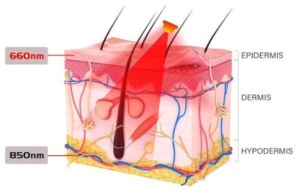
Treatment Area and Panel Size
Panel size depends on your needs.
Here’s an overview of this:
- Full-body panels for complete immersion.
- Small handhelds for targeted treatment.
Additional Features
While basic devices are fine, a few user-friendly features can greatly enhance your experience with RLT:
- Adjustable Settings
- Timers
- Portablity
- A user-friendly app
Top Red Light Panels of 2025: Our Top 5 Picks
PlatinumLED Therapy Lights BioMax Series
Key features include:
- High irradiance and multi-wavelength technology.
- Customizable settings
- Positive user reviews and expert recommendations [Source: PlatinumLED].
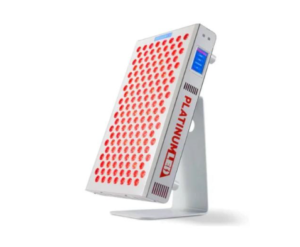
Mito Red Light MitoPRO Series
Key Features:
- Affordable without compromising effectiveness.
- Multiple models for different treatment needs
- Reliable brand with good consumer feedback [mito red light].
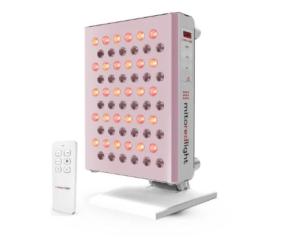
Hooga Red Light Therapy Devices
Key Features:
- User-friendly design.
- Different panel sizes available
- High-quality build with excellent performance.
Sunlighten Red Light Therapy Panel
Key Features:
- Advanced features with app integration.
- Recommended by experts for home use
- High efficiency and premium build.
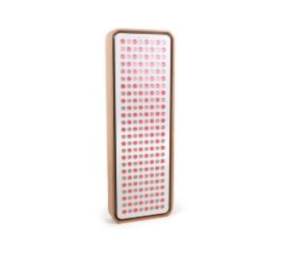
Budget-Friendly Options
Budget-friendly options may be limiting, but they do the basic tasks just fine.
Here are a few recommendations:
- Hooga HG300 – Compact and effective for targeted therapy.
- Rouge Essential 2.0 – Offers high irradiance at an affordable price.
- Vital Red Light Mini – Portable and lightweight for easy home use.
Specialized Red Light Panels
Best Red Light Panel for Facial Treatments
Red Light panels that are specialized for facial treatment have a small form factor. This design eases handling of the device and improves portability.
- Mito Red Light MitoME – A handheld device ideal for facial treatments. [Source: MitoME]
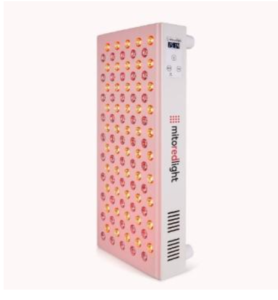
- Omnilux Contour FACE – A flexible, FDA-cleared mask for anti-aging benefits. [Source: Omnilux]
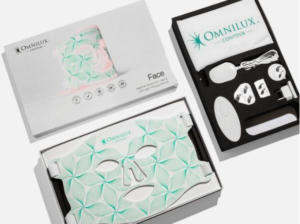
- Hooga HG150 – A small, affordable option for targeted face treatments. [Source: Hooga]
Best Panels for Weight Loss and Metabolism Boost
Panels designed to fit this category usually feature a head-to-toe, shoulder-to-shoulder size for better coverage.
Here are a few recommendations:
- PlatinumLED BioMax 900 – Known for high irradiance and deep tissue penetration. [Source: PlatinumLED]
- Nushape Lipo Wrap – A wearable red light belt designed for fat loss. [Source: Nushape]
- Sun Home Saunas Body Panel – A full-body panel including red and near-infrared wavelengths. [Source: Sun Home]
Comparison Table of Top-Rated Red Light Panels:
| Panel | Irradiance | Wavelengths | Special Feature |
| PlatinumLED Therapy Lights BioMax | 100+ | 660-850 nm | Customizable settings |
| Mito Red Light MitoPRO | 90+ | 660-850 nm | Affordable selection |
| Hooga Red Light Therapy | 85+ | 660-850 nm | Compact and portable |
| Sunlighten Red Light Therapy Panel | 95+ | 660-850 nm | App integration |
Conclusion
Red light therapy works wonders as a supplementary treatment. However, the process needs to be done right.
Choosing the right red light panel is important for you to get the best results.
Consult your doctor and discuss with them what variation of red light panels might suit your needs the best. Choosing devices with high-quality components is essential as well.
Frequently Asked Questions
What is the most effective red light therapy device?
The effectiveness depends on irradiance, wavelength, and build quality. Top choices include PlatinumLED BioMax and Mito Red Light MitoPRO
What size red light panel is best?
Panel size depends on the treatment area:
- Small panels for localized treatments (e.g., face, joints).
- Medium panels for broader coverage.
- Full-body panels for whole-body therapy
Which LED light is best for redness?
660nm red light is the best for reducing redness and inflammation, especially for conditions like rosacea.
Are all red light therapy panels the same?
No, irradiance, wavelengths, durability, and additional features vary.


